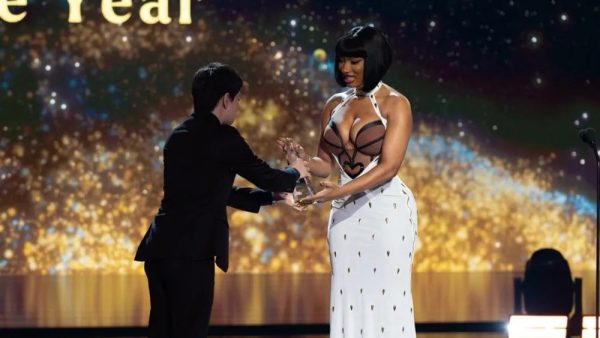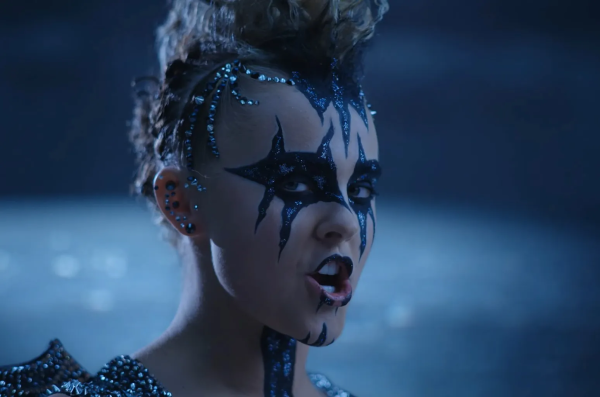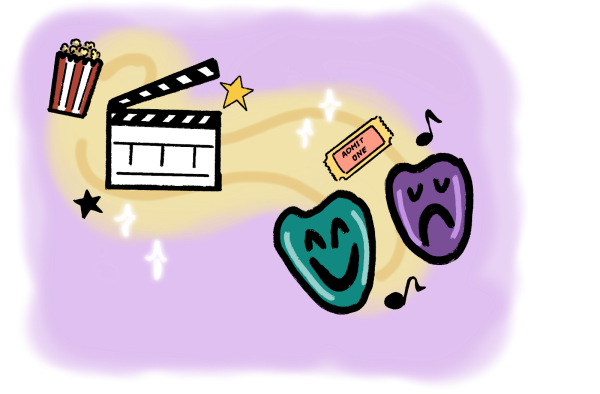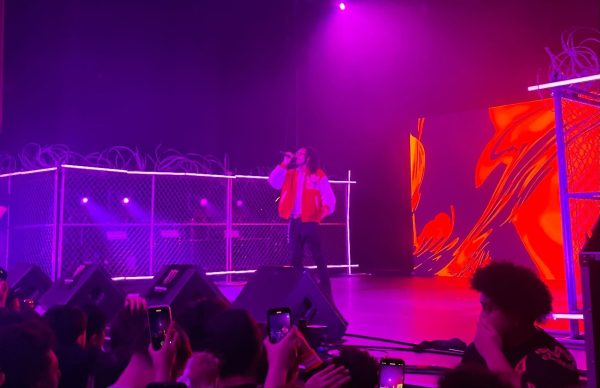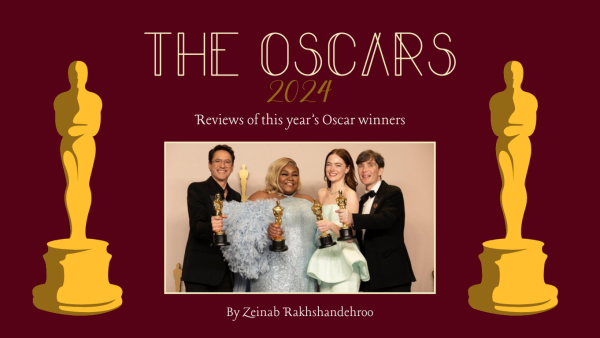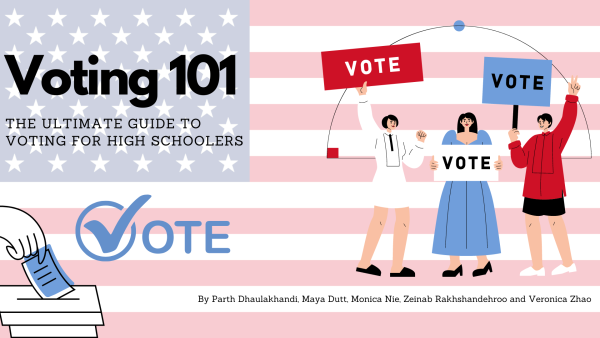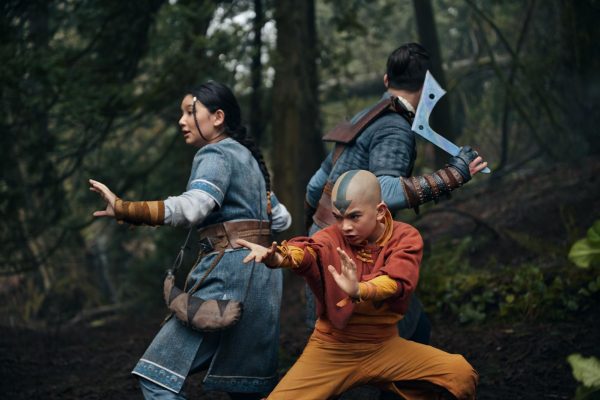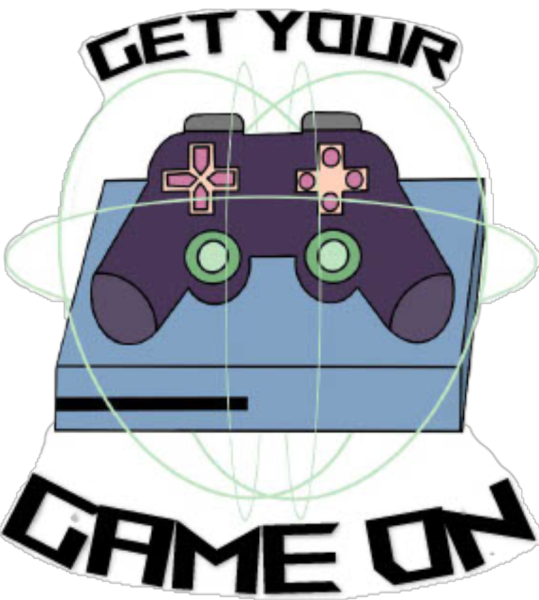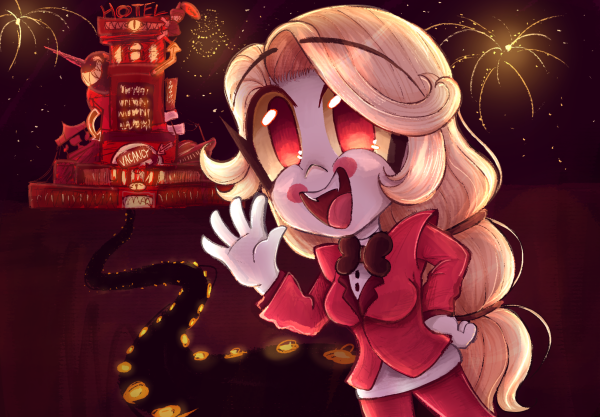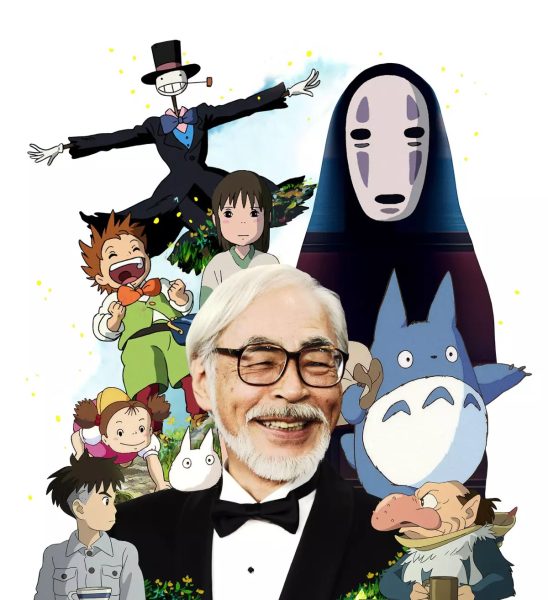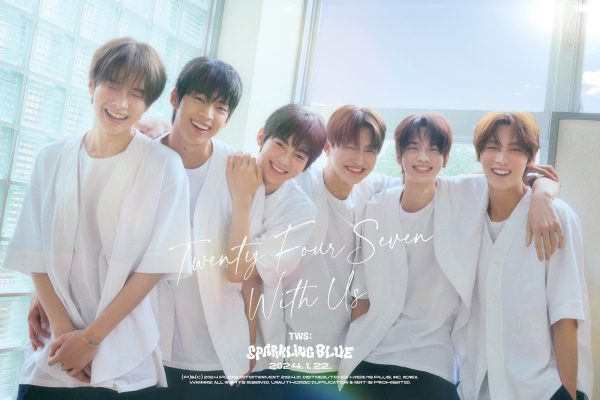One industry, one story
Hollywood’s dominance of the movie industry promotes harmful messages about different communities
Hollywood: the movie capital of the world, full of fame, glamor and recognition. Entertainment in the U.S. has become synonymous with this institution of the American film industry, according to IPL.
Movies and TV have a significant impact on societal expectations, according to PMC, who performed a study on how media affects young people’s attitudes, and are a powerful platform for spreading new ideas and sparking change. A variety of unique experiences and viewpoints can be expressed and learned from the media.
A positive example of this comes from the Disney movie “Coco,” a heartwarming story of a young Mexican boy. This impactful, layered coming-of-age drama depicts Mexican culture — its traditions, history and values — in a beautiful and meaningful way.
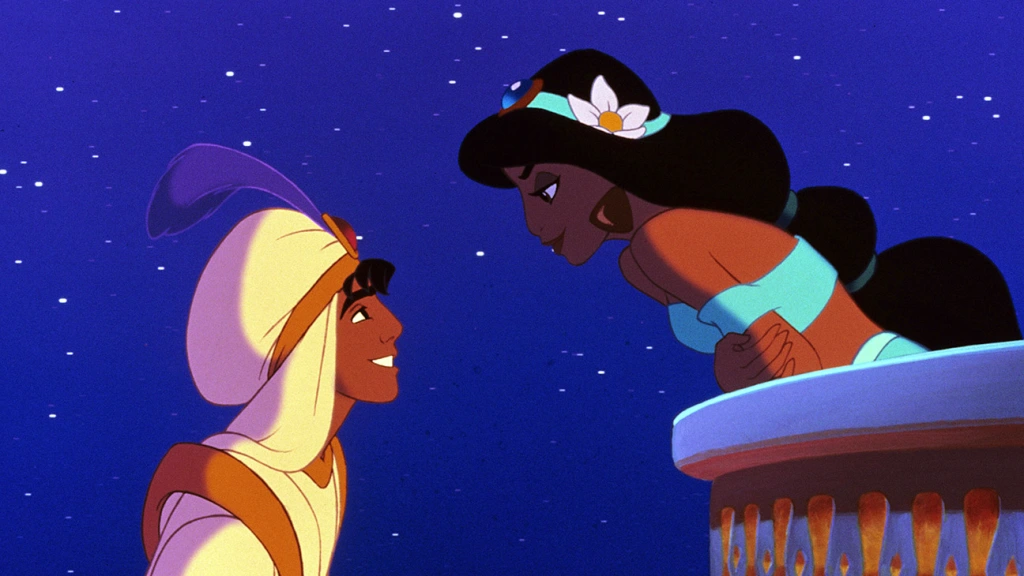
However, Hollywood’s dominance of the movie industry allows it to pick and choose what stories it shares and spreads through film. This monopoly makes it so only certain narratives selected by the white and Western creative visionaries of Hollywood are present in entertainment, preventing people from being exposed to different perspectives that can grow or challenge their mindsets.
In Hollywood, only 25% of show creators in digital scripted TV are people of color, and only 30% of film directors are people of color, according to the 2022 UCLA Hollywood Diversity Report. By having only one main group influence entertainment media that is distributed around the world, other communities have less opportunities to share their voice and express their stories in an authentic manner, and the public is prevented from understanding the full array of human experiences.
One such stereotype that Hollywood promotes is the idea of orientalism. Orientalism is a perspective created by the West which portrays Asia — including East Asia, the Middle East and South Asia — as exotic, mysterious and barbaric, according to Teen Vogue. The submissive Asian woman, the sultry belly dancer and the evil terrorist are all common portrayals within Hollywood movies and shows. Media of all genres, from the action-packed “Indiana Jones” series to the classic Disney romance “Aladdin”, contain these stereotypes. Because this is often the portrayal of these minorities within Hollywood, this one-dimensional representation promotes the acceptance of these stereotypes as reality within other groups. It also has the added negative effect of diminishing the variety of culture and identity within these communities, and seriously harming their perceptions of themselves, according to SSN, a study which looked into how racial stereotypes in popular media affect viewers.
Ultimately, the media we consume should not be controlled by one primary source. With white and Western-thinking Hollywood studios being prevalent forces in the world’s entertainment, seriously harmful portrayals and stereotypes of different communities are spread to the public. It is imperative that we diversify what we watch in order to gain a broader understanding of other cultures and communities besides the surface-level depictions present in current entertainment media. Exposing ourselves to entertainment not from Hollywood, such as non-English or foreign movies, will allow us to obtain new perspectives on the world and increase our awareness and appreciation for other groups of people.
Zeinab is a senior and is super excited to be one of the Lifestyles editorw in her third year with The Epitaph. In her free time, she enjoys baking, reading...



